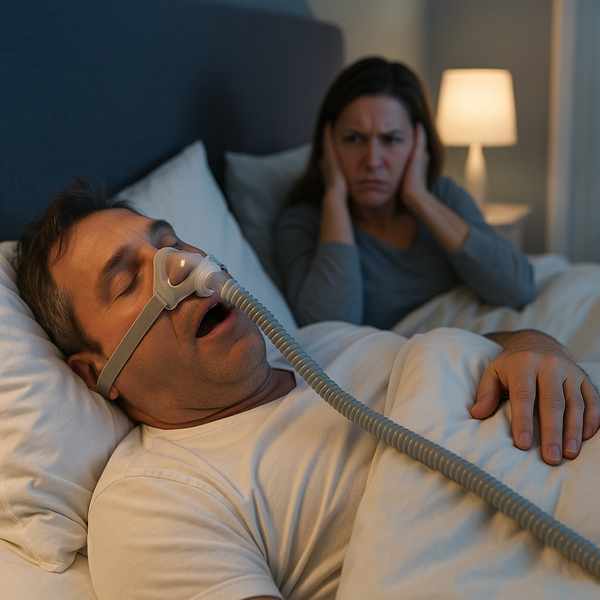Is Weight Loss the Key to Treating Sleep Apnea?
Is Weight Loss the Key to Treating Sleep Apnea?
Blog Article

Many people with sleep apnea experience snoring, daytime fatigue, and health complications.
While not always a complete cure, weight loss often reduces the severity of sleep apnea significantly.
Understanding Sleep Apnea
Sleep apnea occurs when breathing repeatedly stops and starts during sleep.
Common symptoms include:
- Often reported by sleep partners
- Choking or gasping during sleep
- Difficulty staying alert during the day
- Signs of disrupted oxygen flow
The Link Between Weight and Sleep Apnea
Fat deposits in the throat may narrow the airway, making it more likely to collapse.
Key risk factors include:
- High BMI (Body Mass Index)
- Fat around the neck and jawline
- Poor muscle tone in the throat
Does Losing Weight Help OSA?
Especially in individuals with mild to moderate OSA, lifestyle changes can be very effective.
Possible benefits of weight loss:
- Less airway obstruction
- Better oxygen flow
- Less need for CPAP machines or surgery
- Feel more rested and alert
However, weight loss may not cure sleep apnea in all cases — especially if anatomical issues or severe OSA are present.
How Much Weight Loss Is Needed?
Even modest weight loss can have a big impact.
Tips:
- Start with small, achievable goals
- Combine diet and exercise
- Notice snoring, energy, and daytime fatigue improvements
Lifestyle Changes That Help
Effective strategies:
- Limit sugar and processed carbs
- Boosts metabolism and burns fat
- Sleep on your side
- Avoid alcohol and sedatives
Working with a nutritionist or sleep specialist cpap weight gain can provide more personalized support.
When Weight Loss Isn't Enough
If symptoms continue, talk to your doctor about other options such as:
- CPAP therapy (Continuous Positive Airway Pressure)
- Oral appliances
- Surgery in severe cases
Is Weight Loss the Answer?
So, can weight loss cure sleep apnea? In many cases, it can greatly reduce the condition.
Talk to your healthcare provider, make informed decisions, and take proactive steps toward better health and rest. Report this page